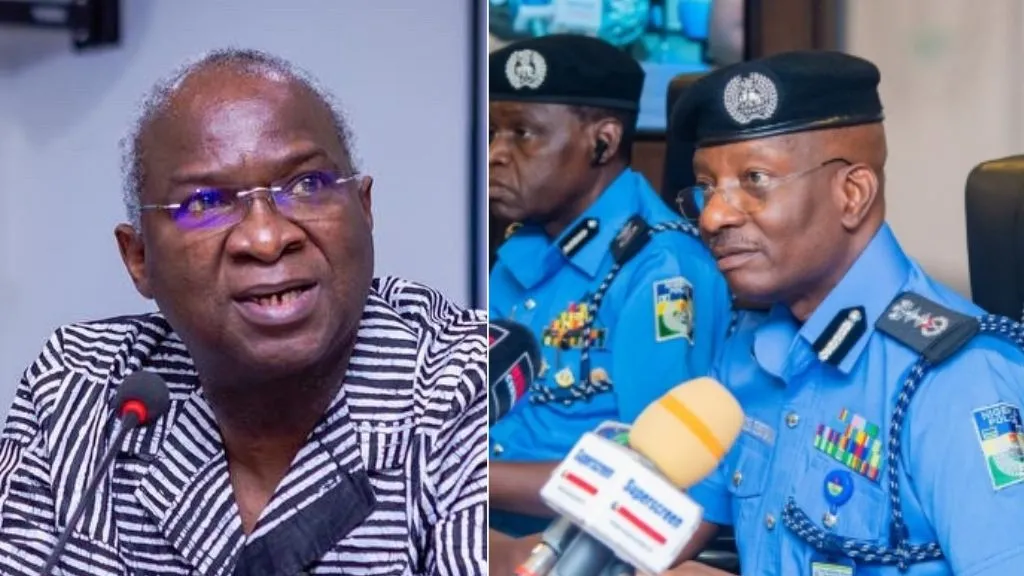Former governor of Lagos state and immediate past Minister of Works and Housing, Mr. Babatunde Fashola, has filed a formal petition to the acting Inspector General of Police, Kayode Egbetokun, seeking an urgent probe of the allegations that he was involved in drafting the judgment for the Presidential Election Petition Tribunal judges.
Recently, Jackson Ude and some Twitter users alleged that Fashola and some lawyers of the All Progressives Congress (APC) were writing the judgment which would be handed to the judges.
In a petition addressed to the IGP and written by Olanrewaju Akinsola, his counsel, Fashola said the allegation was peddled by Ude, Yoruba Sheikh, and Reportera.NG, using the microblogging platform, Twitter.
The former Lagos governor said the claim has “excessively breached the decent fundamentals of public enlightenment”, adding that the allegation amounts to “character assassination”.
publications by the said Jackson Ude, @yorubasheik, and @ReporteraNew are false in their entirety and have excessively breached the decent fundamentals of public enlightenment that freedom of the press is constitutionally about,” the petition reads.
“It is our client’s position that the totality of the three publications amount to nothing less than character assassination with a calculated view to achieving damaging effects against him in his profession as a legal practitioner.
“Having regard to the importance of judicial independence in general and the sensitivity of the judicial proceeding of the presidential election petition court in particular, it is the position of our Client that the publications by the said Jackson Ude, @yorubasheik, and @ReporteraNew are false.
“The allegations are made for the purpose of causing inconvenience, danger, criminal intimidation, enmity, hatred and needless anxiety to our Client, contrary to the provisions of section 24 of the Cybercrimes (Prohibition, Prevention, Etc.) Act 2015.
quest your office to cause the publications to be investigated with utmost urgency and seriousness as they have implications not only for the person of our client but for the independence, impartiality, and integrity of the Nigerian judiciary which is guaranteed by Section 17 of the Constitution of the Federal Republic of Nigeria 1999.”


